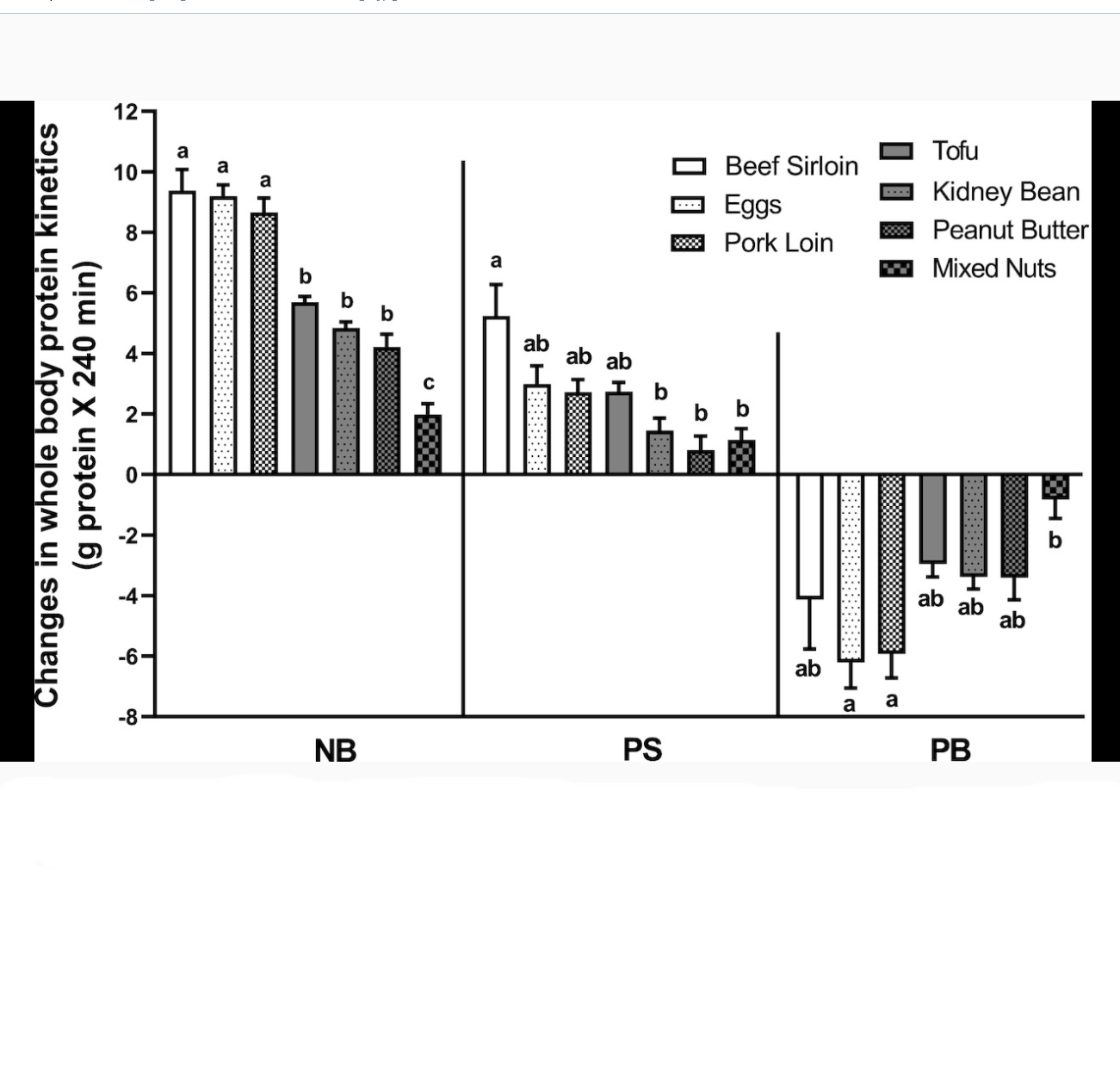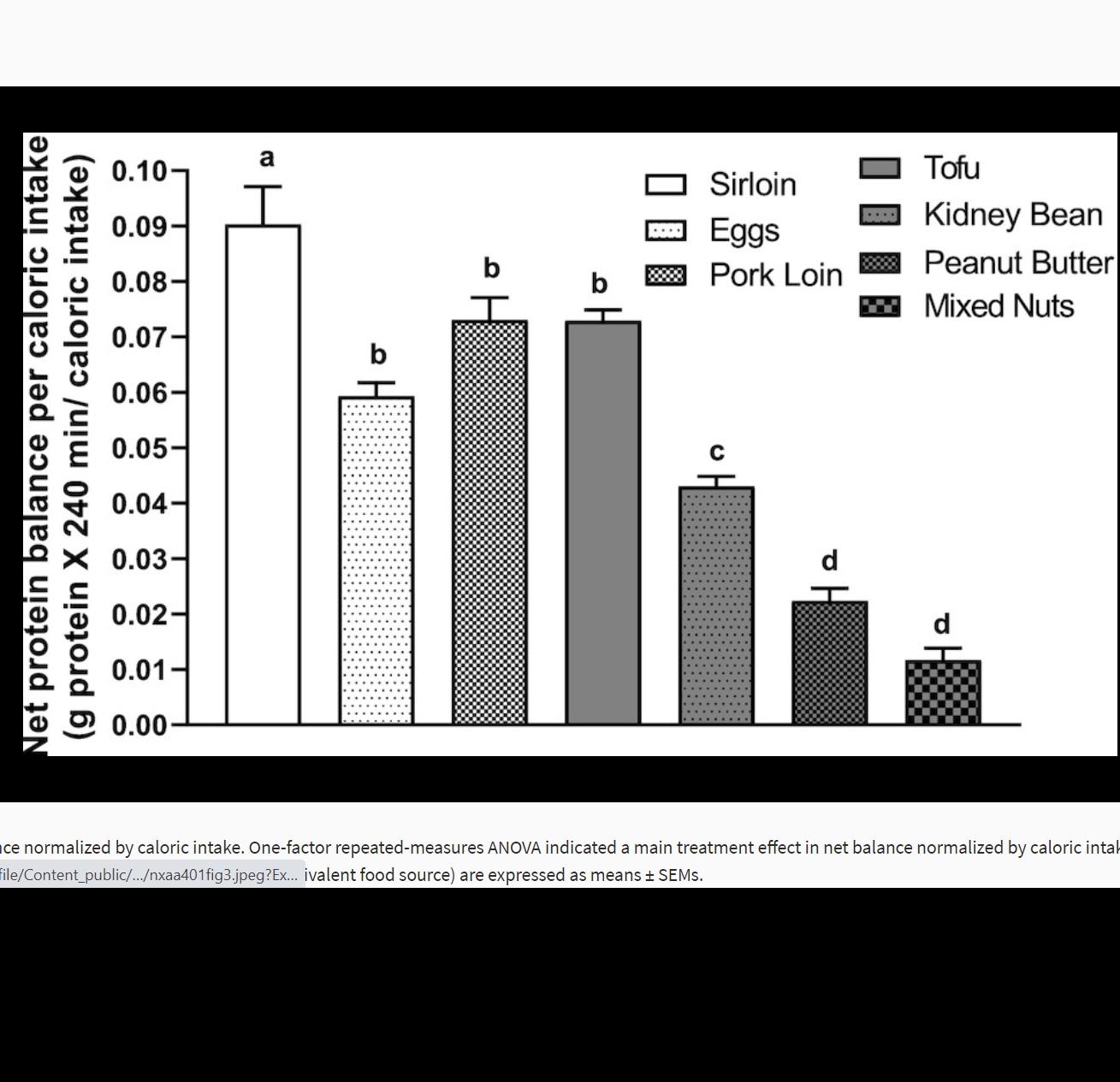Association between Protein Intake and Skeletal Muscle Mass among Community-Dwelling Older Japanese: Results from the DOSANCO Health Study: A Cross-Sectional Study
by Akinori Yaegashi Nutrients 2021, 13(1), 187;
Whether the source of dietary protein intake is related to appendicular skeletal muscle mass (AMM) and muscle mass (MM) remains unclear. We conducted this cross-sectional study of 277 residents (115 men, 162 women) aged ≥65 years in Japan to examine the association of the amount of dietary protein intake with AMM and MM. We measured dietary protein intake using a brief self-administered diet history questionnaire. AMM and MM were assessed based on bioelectrical impedance. Multivariable linear regression analyses were used to estimate β coefficients that were adjusted for potential confounders.
Among Japanese women aged ≥75 years, but not among women aged 65–74 years, dietary animal protein intake was significantly associated with AMM (β (95% confidence interval (CI)): 0.25 (0.10, 0.40)) and MM (β (95% CI): 0.40 (0.16, 0.64)). However, dietary vegetable protein intake was not associated with AMM (β (95% CI): −0.17 (−0.74, 0.41)) and MM (β (95% CI): −0.30 (−1.23, 0.63)). Furthermore, in men aged ≥65 years, dietary protein intake was not associated with AMM or MM.
In conclusion, dietary animal protein intake, but not vegetable protein intake, were positively associated with AMM and MM among this population of Japanese women aged ≥75 years.















